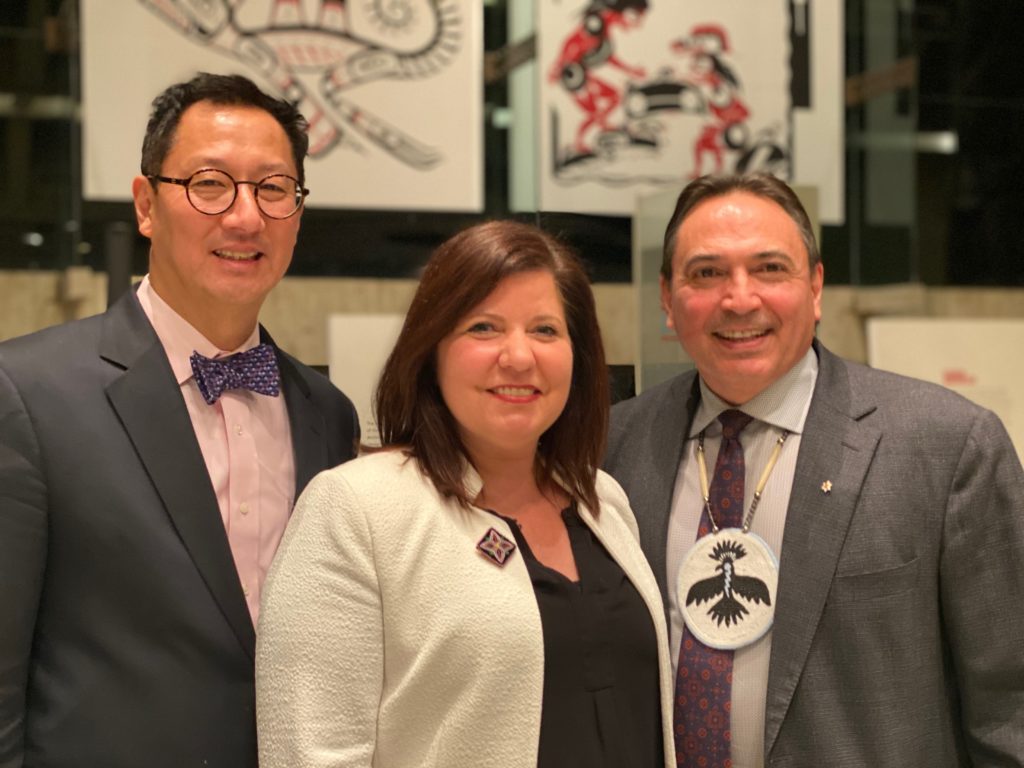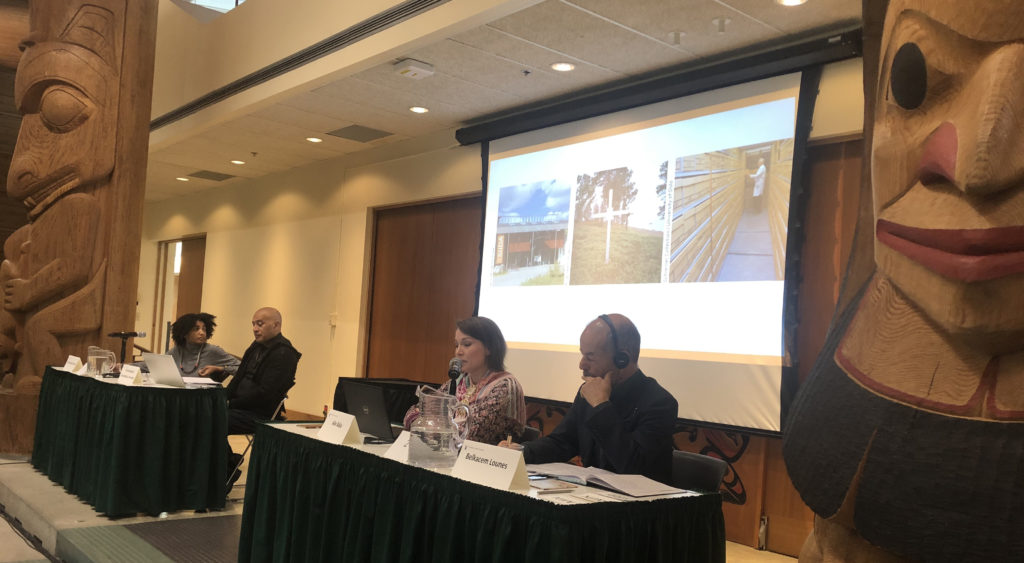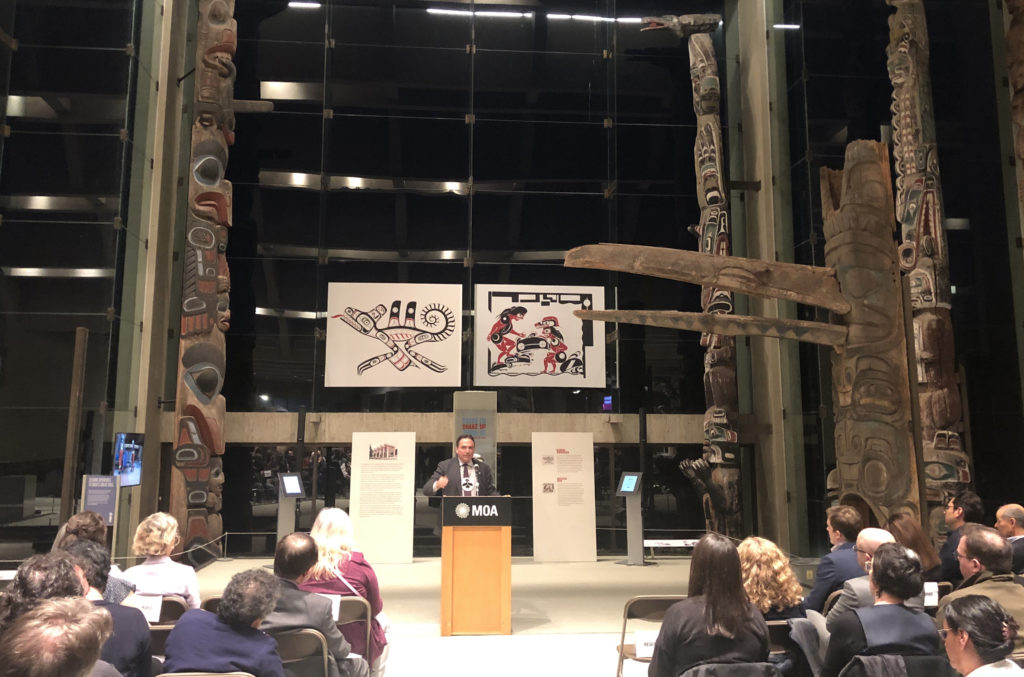
In March 2020, the University of British Columbia hosted an expert seminar on the theme “Repatriation of ceremonial objects and human remains under the UN Declaration on the Rights of Indigenous Peoples,” in support of the United Nations Expert Mechanism on the Rights of Indigenous Peoples (EMRIP).
The two-day event on March 4-5 brought together close to 50 Indigenous and non-Indigenous experts, academics, and community members from six continents, all versed in the complexities of the repatriation process and outcomes. Panelists spoke about examples of successful repatriations, all of which involved Indigenous advisory committees, building partnerships across different levels of government, and securing stable funding for Indigenous communities to successfully go through the process. Despite these successes, challenges remain, many of which are founded on fundamental differences between Western and Indigenous concepts of property and custom.

At the event, UBC President Santa Ono shared how the repatriation of both tangible and non-tangible cultural property is a key priority for UBC, as the university aims to set a positive example for other universities across Canada and the world on how to continue to uphold our responsibilities to Indigenous peoples as articulated in UBC’s new Indigenous Strategic Plan.
In the keynote address, Assembly of First Nations National Chief Perry Bellegarde spoke to the importance of repatriation of cultural property to be interpreted as both tangible, as in museum pieces, and as intangible, such as Indigenous languages, and how both are now obligations under the Truth and Reconciliation Commission Calls to Action and the UN Declaration on the Rights of Indigenous Peoples.

According to even organizer Dr. Sheryl Lightfoot, UBC’s Senior Advisor to the President on Indigenous Affairs, and Canada Research Chair of Global Indigenous Rights and Politics, “This expert seminar revealed the necessity of continuing to build partnerships and relationships between Indigenous people, governments and institutions. These partnerships are essential to facilitating communication, mutual respect and productive relationships.”
The seminar’s final report, on the theme of repatriation of ceremonial objects and the human remains of Indigenous peoples currently in the hands of state institutions, is now available on the UBC Indigenous portal. The report was presented to EMRIP who produced a report for the UN Human Rights Council in September 2020. The findings from the expert seminar will inform the creation of a set of international standards on repatriation that align with the UN Declaration on the Rights of Indigenous Peoples.
Under UBC’s Strategic Plan Strategy 17: Indigenous Engagement, the university is committed to supporting the objectives and actions of the Indigenous Strategic Plan.
Please visit the Indigenous Repatriation Practices Expert Seminar page to see the report, view video of the event, and read more about developments in this field.